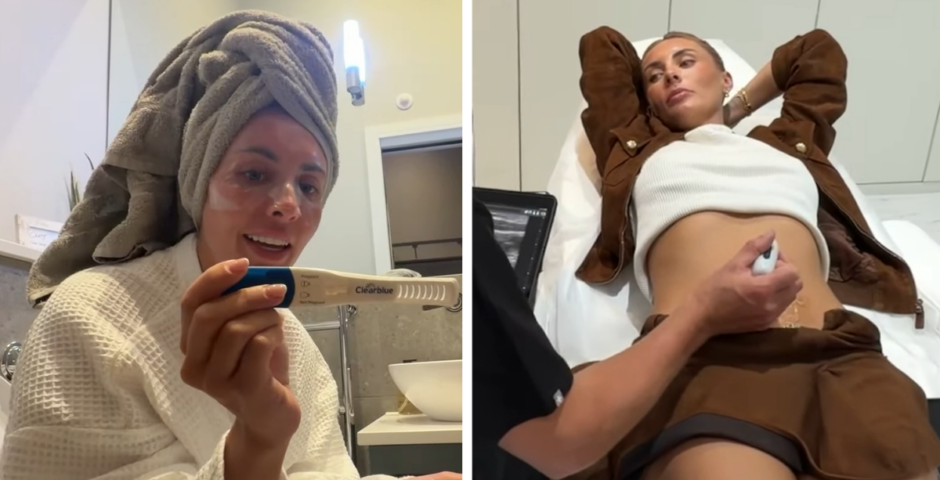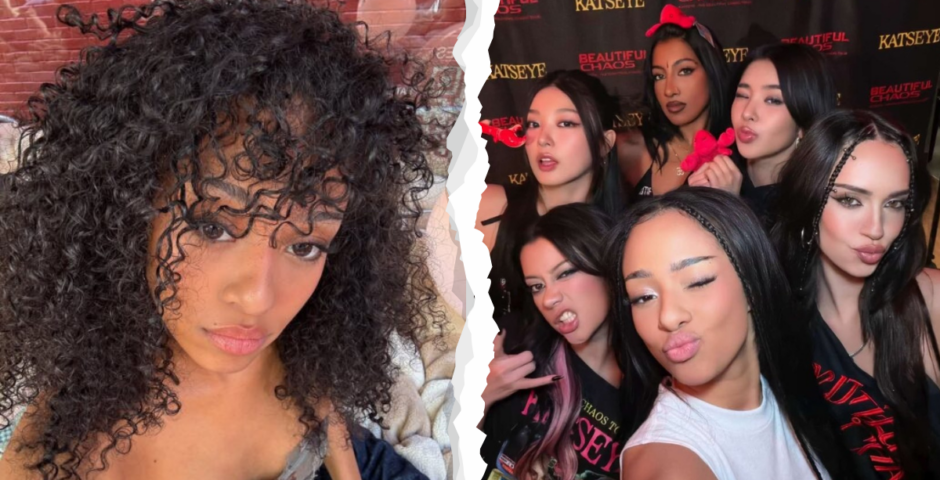
Debunked: People think matcha causes hair loss – here’s what a doctor has to say
Matcha contains tannins that can make it harder for your body to absorb iron
Matcha is the new hot girl drink and I’m proud to say I’m not part of the club. It literally tastes of grass and I know I’m not crazy. Stans love to tell you how much better it is for you than coffee, so when someone claimed their daily matcha was causing them hair loss I was SAT.
Finally, someone’s dug up some dirt on the horrible green drink and has identified possible links between matcha and loss of hair.
It’s crippling news for those of you who use overpriced drinks as a personality trait – so, does matcha actually cause hair loss?
So, does matcha actually cause hair loss?
@bebalancedbymicaela
Matcha became the trending new drink a few years ago, and it’s grown in popularity ever since. Every respectful coffee shop sells it and it’s slowly subbing out coffee as the go-to drink for a caffeine fix due to its slower release of energy.
Recently however, people have started to associate matcha with hair loss, worrying that matcha contains tannins and other polyphenols, like catechins, which can bind to iron in your digestive tract and reduce its absorption by the body. One woman on TikTok, Micaela, wrote: “When you realise that the matcha you’ve been drinking every morning is the reason your hair is falling out because matcha increases iron absorption which can increase hair loss and fatigue.”
So, it that true? Dr Hana Patels, a GP and third-party consultant for Superdrug Online Doctor expert told The Tab that it’s not as black and white as that.
Dr Hana said: “There’s no solid evidence that drinking matcha directly makes your hair fall out. Like many teas, matcha does contain tannins – natural compounds that can make it harder for your body to absorb iron if you drink a lot of it, especially around mealtimes.
“Because iron is vital for strong, healthy hair, people who already have low iron levels might notice extra shedding or feel more tired if tannin-rich drinks crowd their diet.”
She explained that the positives of drinking matcha often outweigh the potential risks, saying: “For most people with a balanced diet and healthy iron levels, your morning matcha isn’t something to worry about – it’s far more likely to be giving you an antioxidant boost than causing hair loss.”
How big of a problem actually is this?
@jasmin.ziehl It’s not a first world problem and not about the matcha it’s about the hair loss . #fypシ゚ #matcha #hairloss #matchahairloss #forthegirls
Like most things, the claim that matcha causes hair loss has been blown out the water a little bit. Dr Hana explained that low iron is often related to other medical factors, not solely from what you consume.
She said: “For most people, this really isn’t a big deal. Low iron is much more common in certain groups – for example, women who are menstruating, particularly those with heavy periods, vegetarians, or anyone following a very restrictive diet. In those cases, lots of tannin-rich drinks like matcha could make low iron levels worse. But if your iron levels are healthy, the odd cup of matcha (even daily) isn’t likely to trigger hair loss.”
How does matcha compare to red wine, coffees and teas?
If you didn’t already know (I didn’t), matcha isn’t the only popular drink that contains tannins. They’re present in many common drinks, including black tea, green tea, red wine, and even coffee. So putting the blame on matcha isn’t wholly accurate when other drinks contain the same ingredients.
“Black tea and red wine are generally higher in tannins than matcha, while green teas (including matcha) contain them in smaller amounts. So, matcha isn’t the ‘worst offender’ when it comes to tannins – it sits somewhere in the middle”, Dr Hana added.
If you’re wanting to protect your hair an iron levels, or just want peace of mind to enjoy your matcha guilt free, Dr Hana suggested these tips:
- “Don’t drink matcha with meals. Have it between meals instead, so it’s less likely to interfere with the iron you’re getting from food.”
-
“Pair with vitamin C. Vitamin C helps boost iron absorption, so eating fruit, peppers, or other vitamin C-rich foods can counterbalance the effect of tannins.”
-
“Moderation is key. One or two cups a day is unlikely to cause issues for most people.”
-
“Check in with your health. If you notice persistent fatigue, brittle nails, or increased hair shedding, it’s worth asking your doctor for a simple blood test to check your iron levels.”






















